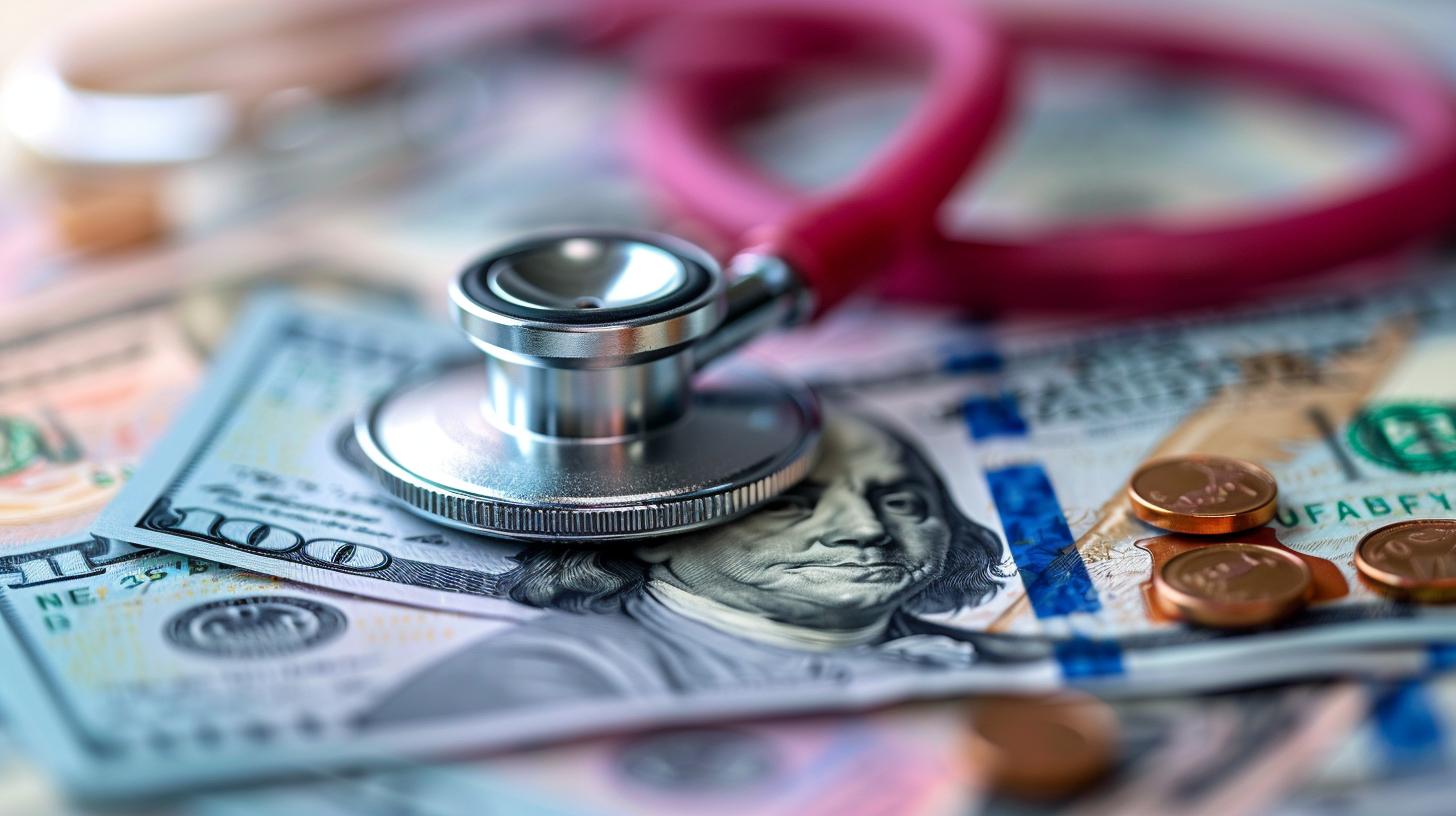Understanding Medical Insurance Fraud is crucial in today’s healthcare landscape. Various types of fraud, such as double billing and upcoding, impact consumers through higher premiums and out-of-pocket costs.
In addition, the COVID-19 pandemic has introduced new fraud schemes, emphasizing the importance of prevention and reporting.
Understanding Medical Insurance Fraud
Medical insurance fraud encompasses various illegal practices that can impact consumers and the healthcare system as a whole. It is crucial to be aware of the different types of fraud, the consequences it can have on individuals, and the emerging fraud schemes related to COVID-19.
Types of Medical Insurance Fraud
- Double billing
- Phantom billing
- Unbundling
- Upcoding
- Fraud involving prescriptions
Impact of Medical Insurance Fraud on Consumers
Medical insurance fraud can lead to higher health insurance premiums and out-of-pocket expenses for consumers. False or misleading information provided to insurance companies can result in financial losses and potential harm to individuals and businesses.
COVID-19 Related Fraud in Health Care
The COVID-19 pandemic has given rise to new fraud tactics, including fraudulent sales of medical equipment and potential fraud in COVID-19 testing. This highlights the need for increased awareness and vigilance to combat these emerging threats.
Investigating Medical Insurance Fraud
When it comes to investigating Medical Insurance Fraud, the FBI plays a crucial role in combating fraudulent activities within the healthcare system.
Role of the FBI in Combating Health Care Fraud
- Specialized Agents: The FBI employs agents with expertise in investigating health care fraud cases.
- Collaboration: The FBI works closely with other federal, state, and local agencies to prosecute offenders.
- Legal Enforcement: The FBI operates within the bounds of the law to gather evidence and build cases against perpetrators.
Partnerships for Investigating Health Care Fraud
- Insurance Groups: Collaborating with insurance companies provides valuable insights into fraudulent practices.
- Law Enforcement Agencies: Partnering with various law enforcement entities enhances the FBI’s ability to investigate and prosecute fraudulent activities.
- Community Engagement: Engaging with the community helps gather information and raise awareness about healthcare fraud.
Preventing Medical Insurance Fraud
Reporting Suspected Health Care Fraud
If you suspect any form of health care fraud, it is crucial to report it promptly.
Reporting suspicious activities can help prevent further fraudulent activities.
Consequences of Health Care Fraud
The consequences of health care fraud can be severe, including jail time and heavy fines. By understanding the potential consequences, individuals can deter fraudulent activities.
Protecting Your Health Insurance Information
Protecting your health insurance information is essential in preventing fraud.
Be cautious with whom you share your information and regularly monitor your insurance statements for accuracy.
.


















